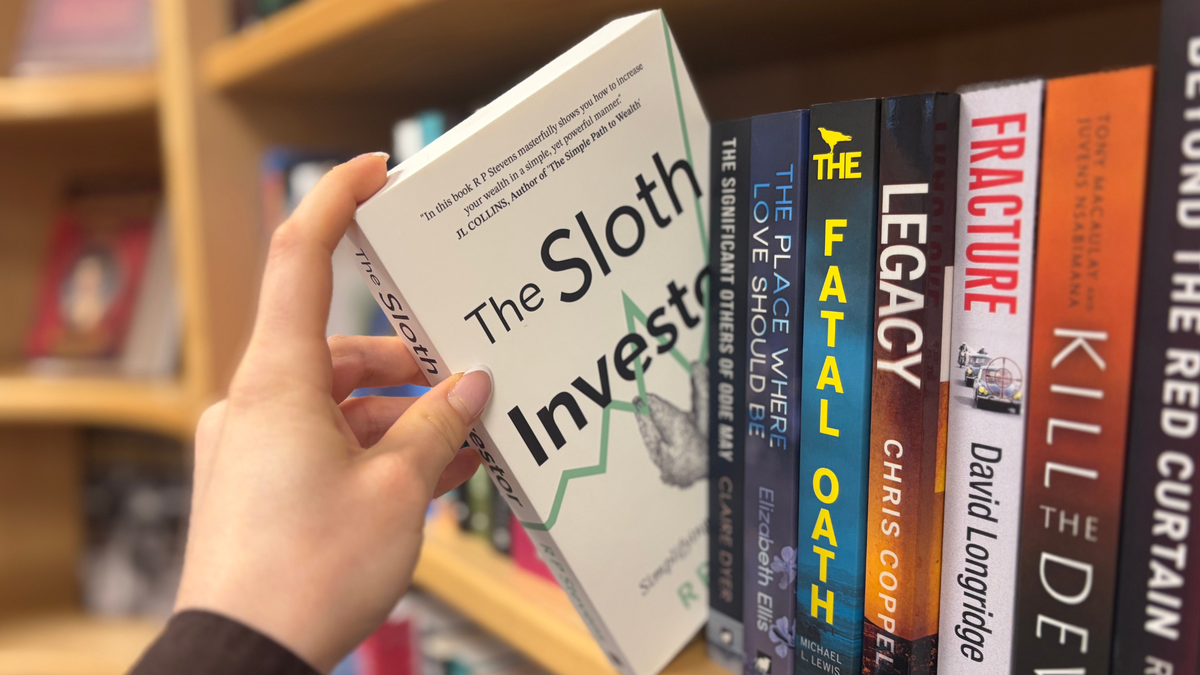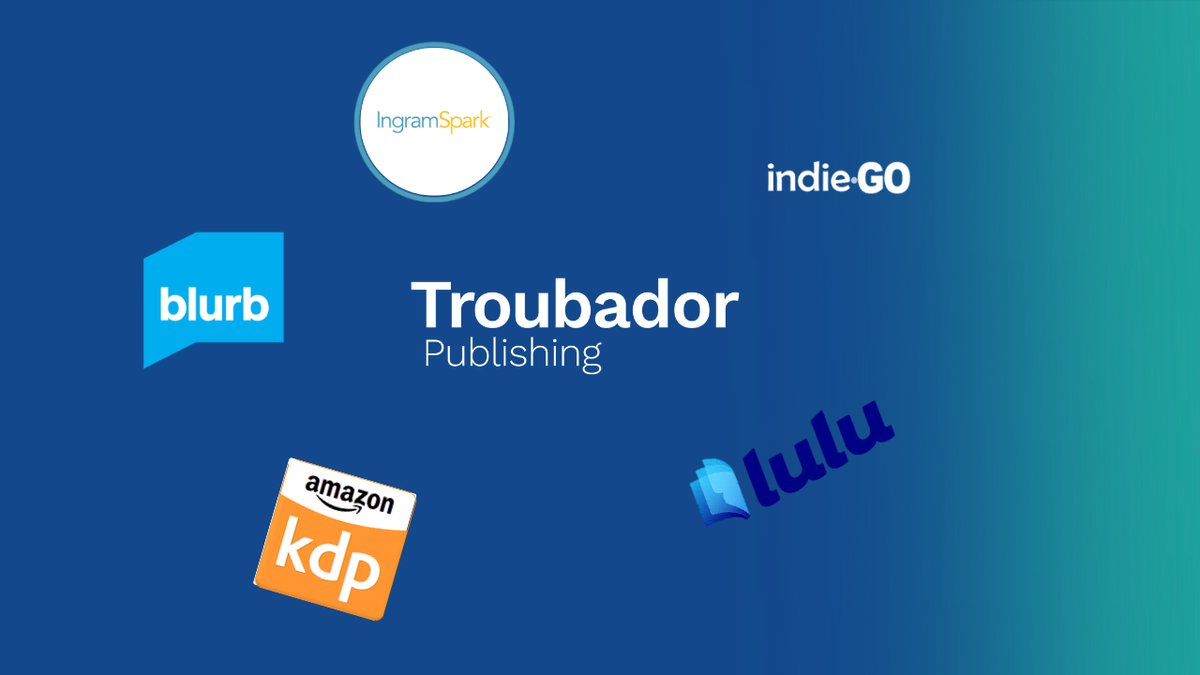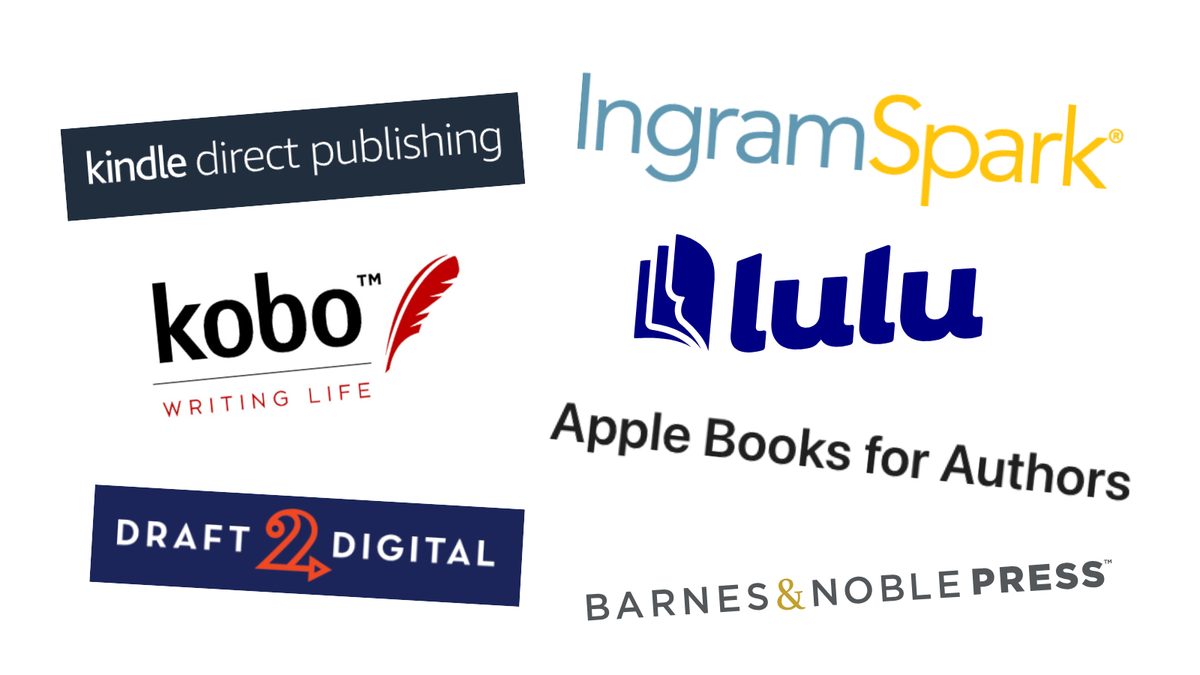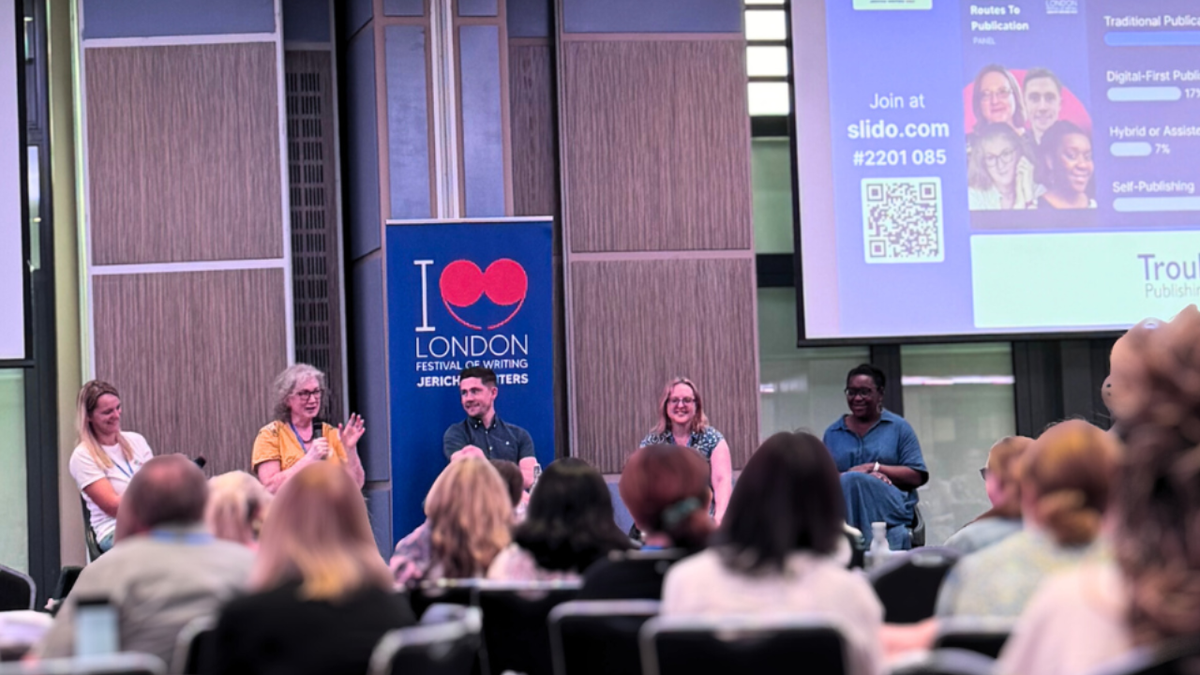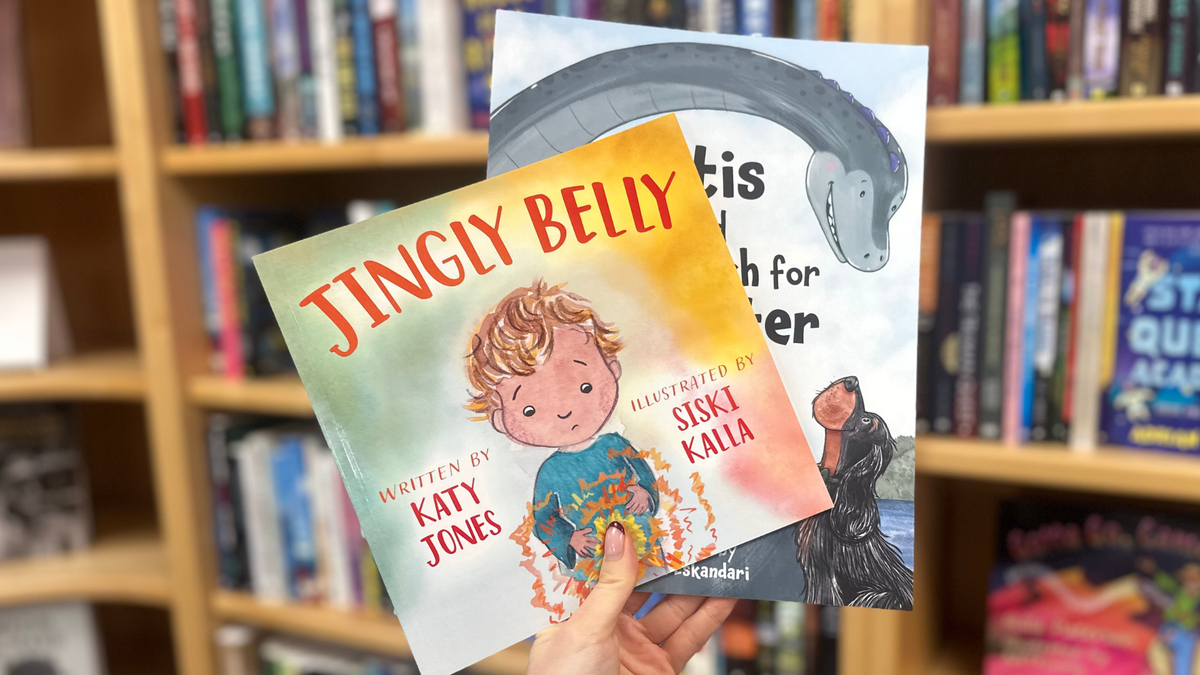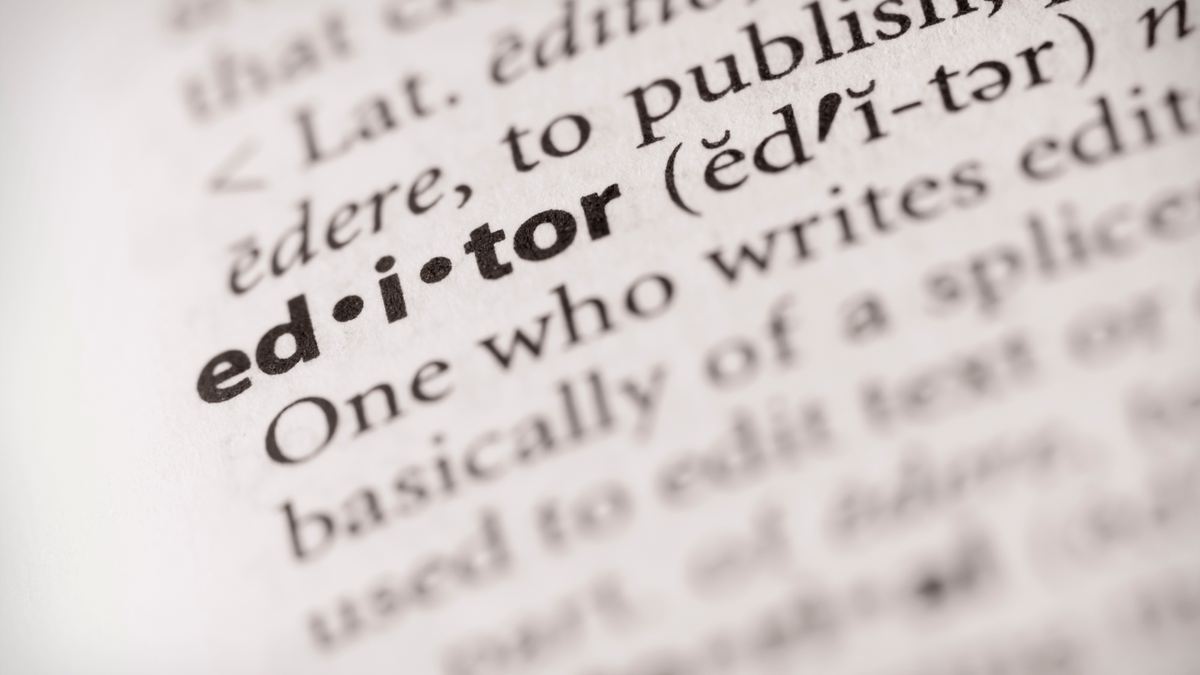
13th June, 2025
6 min read
What Type of Edit Does Your Book Need? A Guide for Self-Publishing Authors
Written by:
Chloe May
When you’re self-publishing, editing is one of the most critical steps in producing a professional, reader-ready book. Unfortunately, many indie authors either skip editing entirely, choose the wrong type, or try to combine all editing stages into one rushed and confusing process, to the detriment of their finished book.
But with so many types of edits available, how do you know which one your manuscript actually needs? This article breaks down the different types of edits, when to use them, how to determine when your manuscript is ready, and how to get the most out of each service.
The Four Main Types of Edit
Developmental Edit
Developmental editing – sometimes called structural editing or content editing – is the most in-depth, big-picture stage of the editing process. If you’re looking for someone to interrogate your commas and point out spelling mistakes, this isn’t it.
A developmental edit is about whether your book works. Whether the story or argument makes sense, holds a reader’s attention and fulfils its purpose for your audience. It's an independent, in-depth look at your manuscript by an editor who can provide realistic, professional feedback – something that’s hard to get from friends, peer reviews, or even beta readers.
In a developmental edit, an editor might pick up on:
- In fiction:
- Plot holes or logic gaps, structural issues, pacing problems, unclear character motivations and goals, weak dialogue, flat or inconsistent characterisation.
- In non-fiction:
- Unclear thesis or central argument, disorganised structure, gaps in explanation, repetition or redundancy, poor examples or evidence, unclear message.
- And across both:
- Whether the manuscript is ready for publication or requires further structural work, whether the content is suitable and effective for the target audience, and areas that need significant rewriting, rearrangement, or development.
You’ll benefit most from a developmental edit if:
- You’re working with a first or early draft.
- You’ve revised on your own but feel uncertain about the overall shape.
- You want to ensure your book is readable, commercial and compelling – before investing in further editing.
A developmental edit is a strategic investment at the earliest stage of editing. It gives you the insight and direction to reshape your manuscript with clarity and confidence. It’s not always easy to hear tough feedback, but it’s the kind of professional input that helps turn a decent draft into a publishable one.
Line Edit
Once your story or argument is solid, the next step is to ensure your writing is compelling, clear, and professional. A line edit focuses on your writing style at the sentence and paragraph levels, as well as how effectively you communicate your ideas.
In a line edit, an editor might focus on:
- Sentence clarity and readability, word choice, tone and consistency, flow and rhythm, dialogue clarity and authenticity.
You might benefit from a line edit if:
- You’ve already revised your manuscript, and the structure and story are strong.
- You’re happy with the overall content but want your writing to feel smoother, tighter and more engaging.
- You’re getting feedback like ‘It was a little hard to follow in places’ or ‘The dialogue felt stiff.’
Line editing is especially valuable if English isn’t your first language and you want your ideas to come across clearly. At its best, line editing is a creative collaboration between you and the editor to elevate the craft of your writing.
Copy Edit
Copy editing is the technical layer of editing that focuses on correctness, consistency and clarity. It’s not about changing your ideas or voice. It’s about catching the minor issues that can distract readers or make your work feel amateur – things like grammar, punctuation, spelling and factual accuracy. A copy editor will ensure your manuscript is clear, correct and consistent.
In a copy edit, an editor might focus on:
- Grammar and syntax, punctuation, spelling, capitalisation, consistency, hyphenation and compound words, numbers and units, basic fact-checking.
Who needs a copy edit?
- Every author who wants to publish a professional, high-quality book!
A copy edit is the service we recommend the most at Troubador, and if you are to opt for only one edit, then a copy edit should be the one you choose. Even the best writers make small mistakes that only a trained, detail-focused editor will catch. It’s what gives your manuscript that final coat of polish, removing distracting errors and ensuring everything is clean, consistent and publication-ready.
In a world where readers have plenty of books to choose from, don’t let the basics let you down. Strong copy editing can be the difference between a book that gets good reviews and one that gets returned.
Proofread
Proofreading is the final quality check, focused on catching any remaining errors or inconsistencies after your book has been typeset or formatted. At this stage, it’s not about rewriting or restructuring – it’s about ensuring your book is clean, professional and ready for readers.
It’s easy to confuse proofreading with earlier types of editing. A proofreader won’t rewrite or rephrase your sentences, offer feedback on your story or argument, fix deeper grammar or inconsistency issues that should have been corrected at the copy edit stage, or make developmental or stylistic suggestions. In short, proofreading is not editing – it is the final meticulous check to catch any last surface errors.
In a proofread, an editor will focus on:
- Spelling errors and typos, punctuation and grammar slips, formatting issues, repeated or missing words, chapter headings and page numbers, widows and orphans.
Who needs a proofread?
- Once again, every author who wants to publish a high-quality book.
Even if your book has undergone multiple stages of editing, formatting can still introduce new issues. Readers may forgive the occasional typo, but too many errors can damage your credibility, disrupt the reading experience and lead to negative reviews. However, if your budget is limited, you may have a friend or family member whose proofreading abilities you can trust to go through the book.
To get the most out of a proofread, only proofread after all formatting and major revisions are complete and don’t make any changes after the proofread, as this can introduce errors. Proofreading is the final and crucial stage of preparing your book for publication. After all your hard work, it’s vital that your words are presented at their very best, and proofreading ensures they will be.
How much should I expect to pay for an edit?
The cost of editing can vary significantly based on the editor's experience, length and complexity of the manuscript, genre, and whether you're hiring an individual freelancer or working through a publisher or editorial service.
Here’s a rough guide to what authors in the UK might expect to pay for the four main types of editing, based on current market averages (as of 2024–2025):
Developmental Editing:
£10–£20 per 1,000 words, or
£30–£60 per hour, or
A 70,000-word novel might cost £700–£1,400 for a comprehensive developmental edit.
Line Editing:
£8–£18 per 1,000 words, or
£25–£50 per hour
Line editing a 70,000-word manuscript might cost £560–£1,260.
Copy Editing:
£7–£15 per 1,000 words, or
£25–£40 per hour
Copy editing a 70,000-word book might cost £490–£1,050.
Proofreading:
£5–£10 per 1,000 words, or
£20–£35 per hour
Proofreading a 70,000-word book might cost £350–£700.
Next Steps
Self-publishing gives you incredible freedom, but with that freedom comes responsibility. One of the most important responsibilities? Ensuring your book is its best before it reaches readers. That means taking editing seriously.
Each of the edits discussed above – developmental editing, line editing, copy editing, and proofreading – serves a different purpose. They help transform your manuscript from a rough draft into a polished, professional product that readers will trust and enjoy.
At Troubador, we offer copy editing and proofreading as part of our end-to-end publishing services. Authors often choose to opt for a developmental edit with our sister company Indie-Go before publishing with us, submitting to agents, or publishing independently online. There are also many places you can source independent freelancers from. We recommend the CIEP as a starting point for finding trustworthy, professional editors.
And yes – editing is an investment. It can be one of the most significant costs in your self-publishing journey. But it’s also one of the most essential. Poorly edited books often receive poor reviews and struggle to gain traction in a crowded marketplace. Well-edited books, on the other hand, invite readers in and keep them turning the pages without the distractions of typos or poorly phrased sentences. You’ve already done the hard work of writing a book. Now give it the professional care it deserves.



